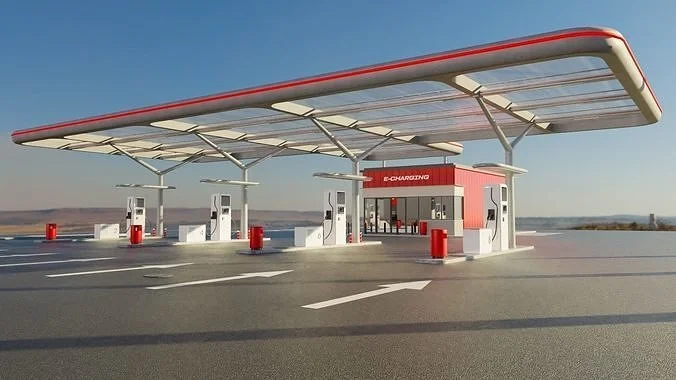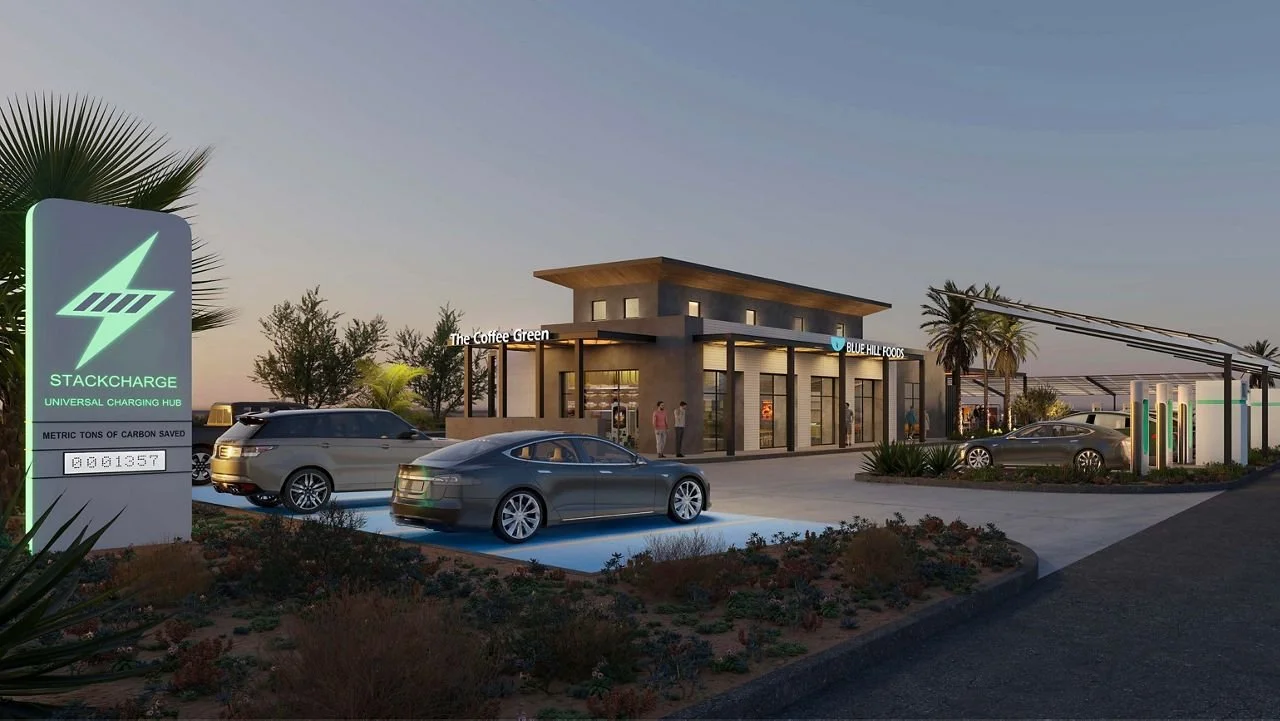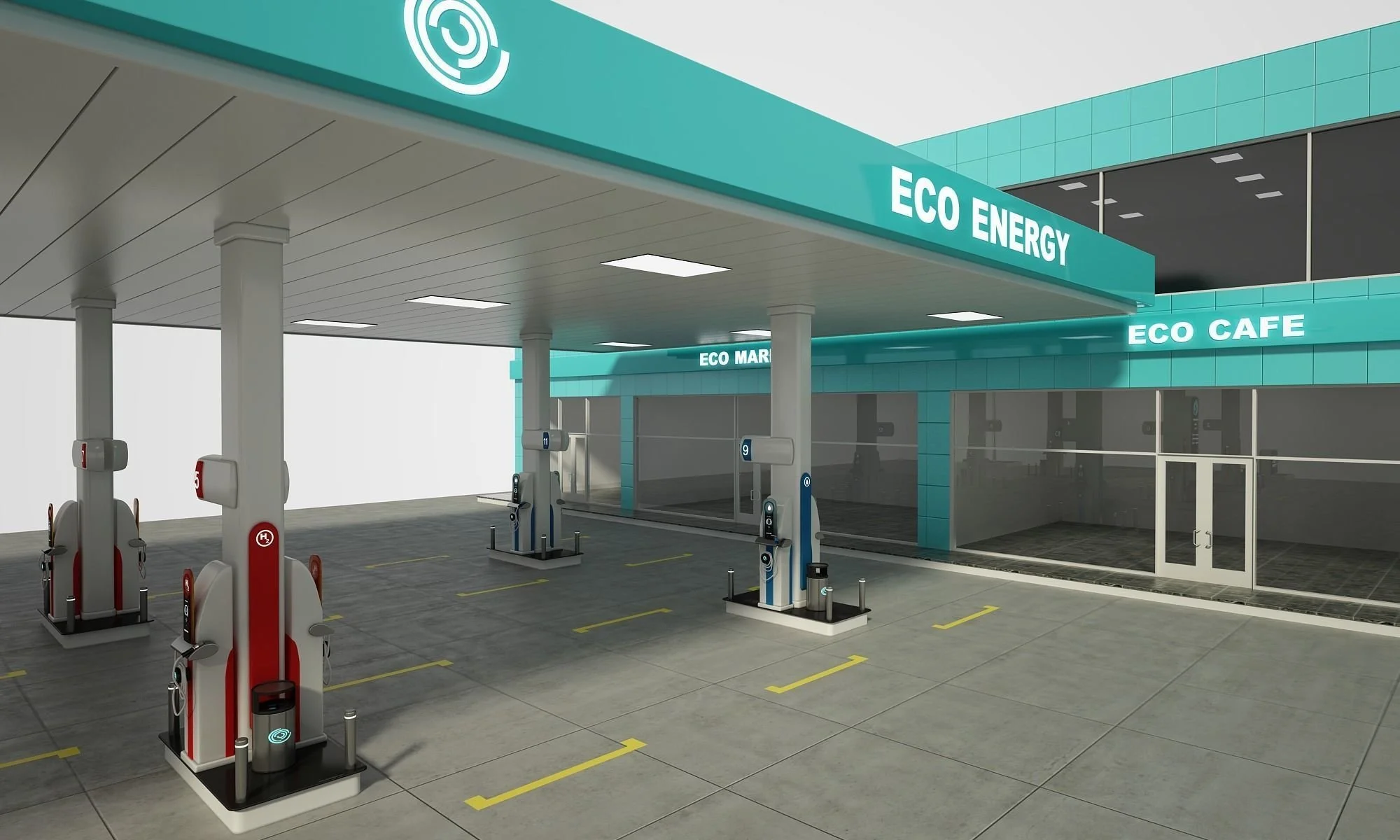24/7 Charge & Go
Electric Charging Stations: Revolutionizing the Way We Power Our Vehicles
In recent years, the exponential growth of electric vehicles (EVs) has led to a growing demand for electric charging stations. These charging stations, also known as electric vehicle supply equipment (EVSE), have become an essential infrastructure for the seamless integration of EVs into our daily lives. They play a pivotal role in addressing concerns like range anxiety and promoting the widespread adoption of clean transportation.
Accessibility and Convenience
One of the key advantages of electric charging stations is their growing accessibility and convenience. As the number of EVs on the road continues to increase, so does the number of charging stations. Whether you're at home, work, or out on the road, electric vehicle owners can now easily find charging stations in their vicinity. This accessibility is further enhanced by online platforms and smartphone applications that provide real-time information about available charging stations, waiting times, and pricing options.
Fast and Efficient Charging
Another remarkable aspect of electric charging stations is their ability to provide fast and efficient charging. With technological advancements, high-power charging stations have emerged, allowing EVs to be charged at significantly faster rates. These ultra-fast charging stations, also known as Level 3 or DC fast chargers, can top up an EV's battery to a significant extent in as little as 30 minutes. This fast-charging capability reduces the downtime of EVs, making them more comparable to the refueling time of traditional internal combustion engine vehicles.
Renewable Energy Integration
Electric charging stations also contribute to the integration of renewable energy sources into the transportation sector. As the world increasingly shifts towards clean and sustainable energy solutions, many charging stations are being powered by renewable sources such as solar and wind. This enables EV owners to not only enjoy emissions-free driving but also the benefits of powering their vehicles with renewable energy. The synergy between electric vehicles and renewable energy in charging stations further enhances the overall eco-friendliness of EVs.
Advancements in Charging Infrastructure
The future of electric charging stations holds immense promise. Companies and governments are investing heavily in expanding the charging infrastructure to keep up with the growing demand for EVs. Wireless induction charging technology, where EVs can recharge simply by parking over a charging pad, is also in the pipeline, eliminating the need for physical connection cables. Moreover, advancements in vehicle-to-grid (V2G) technology would allow EVs to not only charge but also supply power back to the grid during peak demand, creating a decentralized and more resilient energy system.
In conclusion, electric charging stations have ushered in a new era of transportation marked by sustainability and convenience. With increasing accessibility, fast charging capabilities, renewable energy integration, and future advancements, electric charging stations are at the forefront of the electric mobility revolution. As more individuals and organizations embrace EVs, the growth and development of charging infrastructure will undoubtedly continue to shape our transportation landscape for the better.


